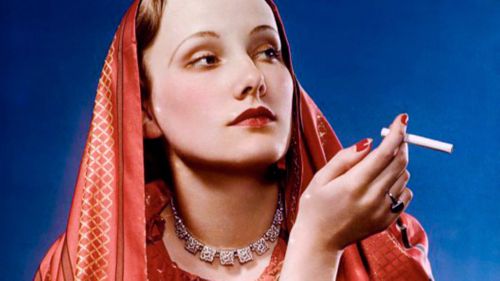Edward Bernays: Father of Modern Public Relations
Oct 27, 2023 · 2 mins read
0
Share

Edward Bernays’ book Propaganda was an attempt to burnish his credentials as America’s ‘Counsel on Public Relations’. But he was often attacked and even portrayed by one journalist as ‘The Machiavelli of Our Time’.
Save
Share
In the 1920s it was not socially acceptable for women to smoke in public, so Bernays, after being engaged by the company making Lucky Strike cigarettes, got some models at New York’s Easter Parade to light up cigarettes which were renamed “torches of freedom”.
Save
Share
The event made the news and helped increase women’s cigarette smoking, while proving his idea that news was more effective than advertising in promoting anything.
Save
Share
When he later learned of the true effects of smoking on health, Bernays stopped doing any work for tobacco companies and lobbied other public relations professionals not to do so either.
Save
Share
He also raised the profile of many non-profit organizations including the National Association for the Advancement of Colored People, the New York Infirmary for Women and Children, and the Multiple Sclerosis Society.
Save
Share
On the other hand, Bernays was paid by the United Fruit Company to persuade the CIA and the Eisenhower Administration to overthrow the democratically elected government of Jacob Arbenz in Guatemala in 1954, which threatened cozy neocolonialist arrangements.
Save
Share
But Bernays asked an important question: If every group in society started employing propaganda or PR, wouldn’t it become obvious to the public, and wouldn’t they just switch off?
Save
Share
No, he said, because people still welcome anyone who can make life simpler for them on an intellectual level, limiting the choice of ideas, wishes and opinions they need to have to feel part of society.
Save
Share
This was the surprising aspect of propaganda: not only could anyone engage in it themselves, but it had a clear social function. True then, true now. The word propaganda may retain its Orwellian aura and stigma, but the activity behind it is a part of modern life.
Save
Share
Bernays died in 1995, at age 103. For more on his life see Larry Tye’s The Father of Spin: Edward L. Bernays and the Birth of Public Relations (1998).

Save
Share
0